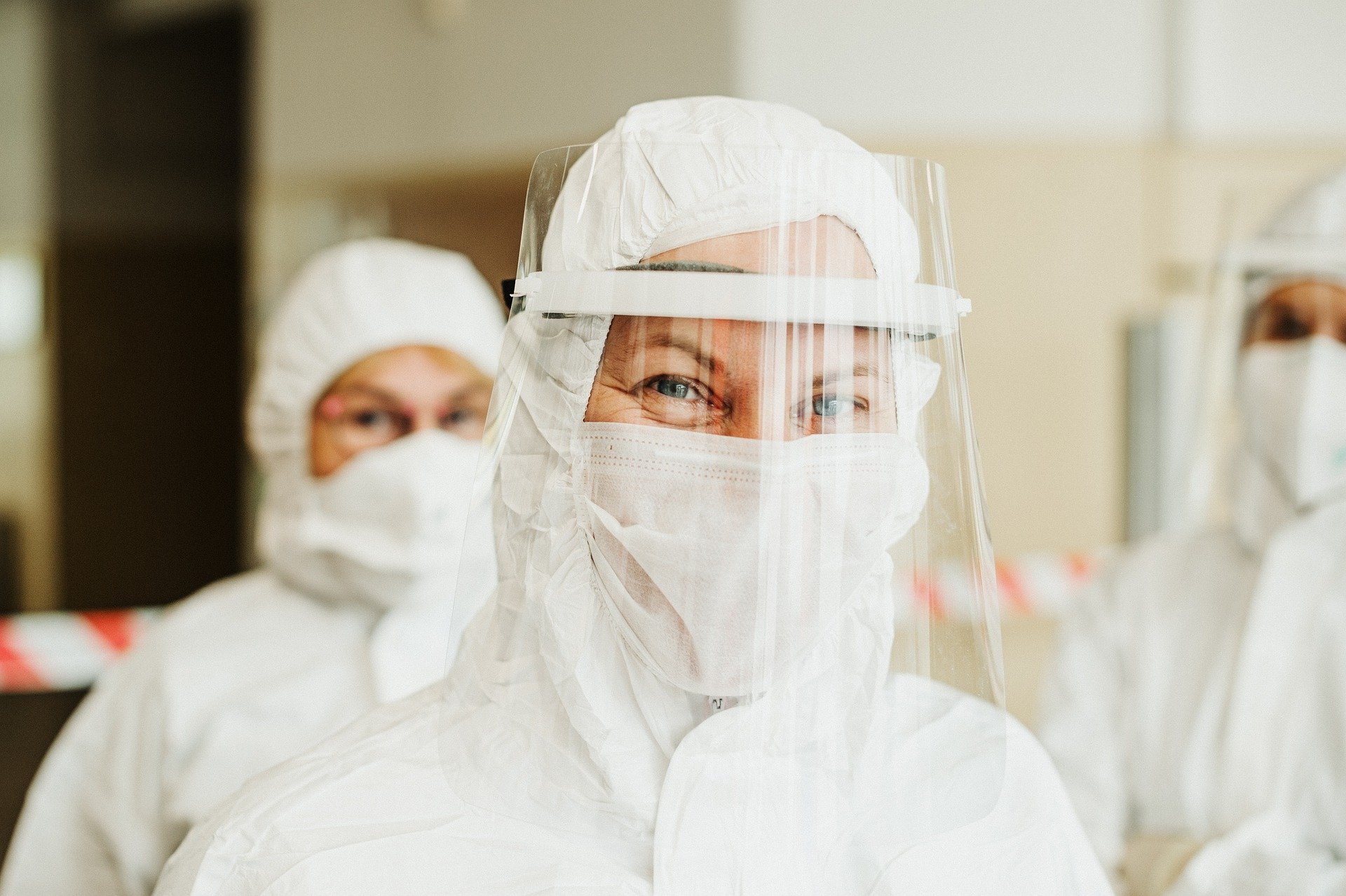It goes without saying that the healthcare sector has been affected the most by the coronavirus pandemic, both public healthcare services and private healthcare services. As we approach the summer months and hopefully away from the sky-rocketing infection rates, the NHS must try to pick up the pieces from the devastating winter months as we slowly exit the most recent lockdown.
The NHS had been brought to its knees by the end of 2020; with around 4.7 million patients seeing operations and treatments backlogged by years, and the government pumping a whopping £92 billion of funds to the NHS this year (2021).
Is Private Treatment Still Available?
Private treatment continues to be available in most parts of the UK, and health insurance companies are continuing to support customers. But since they’ve stepped in to support the NHS (by providing hospital beds, operating theatres and members of staff), they have seen non-urgent procedures and treatments to be placed on hold – which has ultimately forced practitioners to focus on providing critical care.
However there has been some backlash, as some private hospitals are still proceeding with non-urgent procedures as early as January 2021, despite NHS bosses expressing that this should not be the new protocol while the NHS begins recollecting itself.
People who are due urgent support and care such as cancer treatment will still be treated as a priority. People due to have non-urgent treatment will still receive their treatment, but only when it is reasonable to do so, when the COVID-19 situation has stabilised.
In a letter to medical directors of London’s acute hospital trusts, NHS England and senior clinical leaders have specifically asked to not support staff who are still providing private routine elective care.
“In this context, with all but the most urgent elective activity postponed in the NHS in London, it feels profoundly uncomfortable to us that some elective work, that is not time critical, is continuing in the independent sector,” the letter states.
“We are asking colleagues to think very carefully about the appropriateness of this, and would like colleagues not to support delivery of such work in the independent sector for a period of time, a month from the date of this letter in the first instance, until vaccination and the current lockdown take effect and the pressure on NHS services eases.”
But What Does This All Mean? Will I Still Have Access to Private Healthcare?
While private hospitals have stepped in to support the NHS, one could suggest that private health insurance companies have seen a surge in new covers being taken out.
As previously stated, millions of patients on the NHS have had treatments and operations backlogged, to the point where they could be waiting well over a year for these treatments and operations to proceed. Of course, this is in no way ideal for most patients, as some cannot afford to wait this long for treatment.
This has caused a lot of people (especially those on these NHS waiting lists) to switch to private healthcare, even though it is a known fact that a lot of households in England just cannot afford to pay for private healthcare.
One could suggest that insurance companies have almost used this to their advantage as they encourage patients to consider (if not) taking out a private health insurance cover.
All of this being said, it doesn’t mean that people who are already paying for private healthcare aren’t able to have access to their private healthcare services during the pandemic.
Here are a few benefits most insurers are still continuing to offer (but may vary);
- Remote care with general practitioners
- Musculoskeletal (bone, joint & muscle) clinicians
- Mental health practitioners
As previously mentioned, any non-essential procedures/operations/treatments will not proceed in most private hospitals (but not all) until the NHS has been brought back to a stable condition, however there’s no definitive date as to when this will be.


 71–75 Shelton Street, Covent Garden, London, WC2H 9JQ
71–75 Shelton Street, Covent Garden, London, WC2H 9JQ +44 (0) 20 3376 1032
+44 (0) 20 3376 1032



